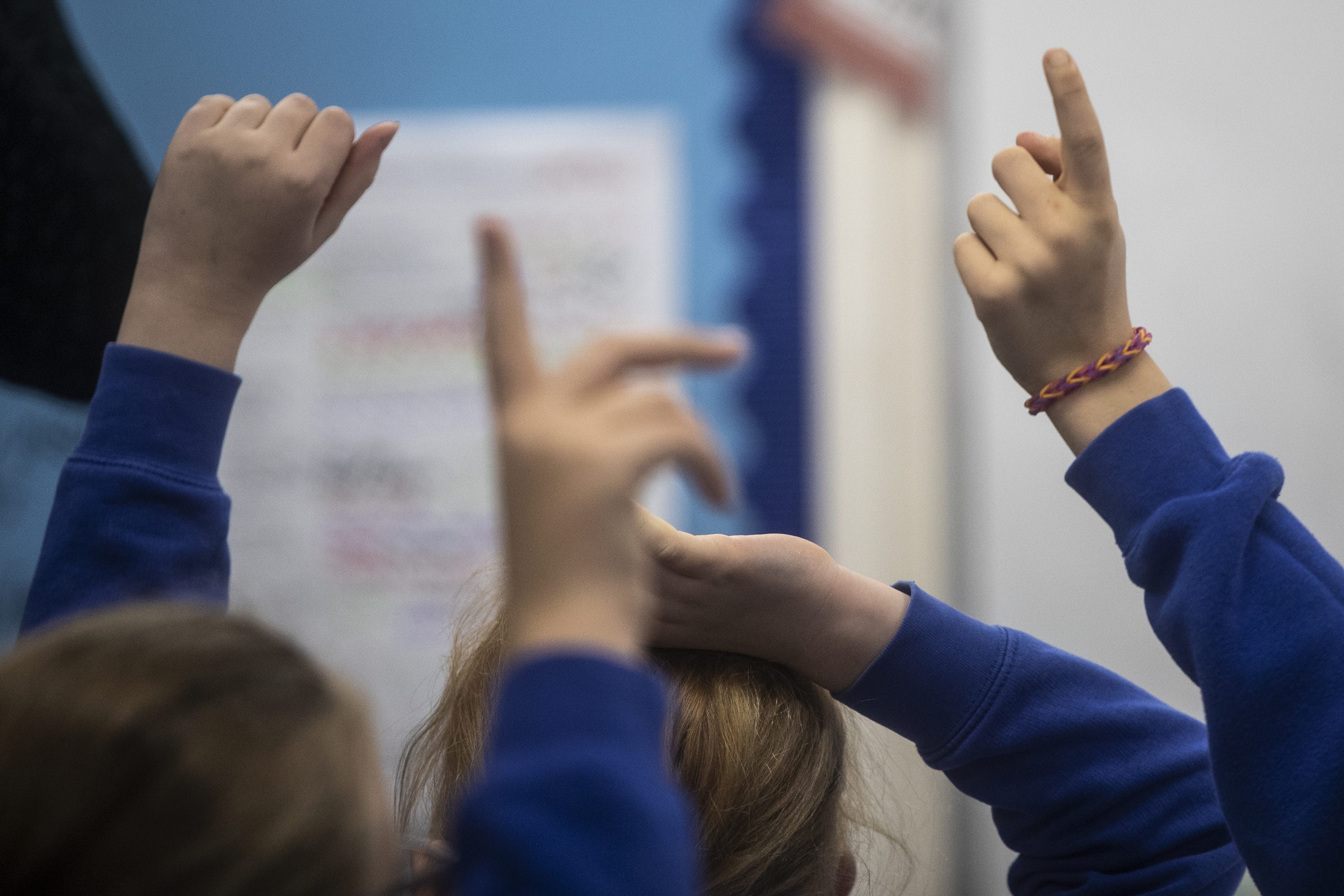Let teachers fine parents with misbehaving kids, Tony Blair Institute says
The former prime minister’s think tank has warned schools are facing a “burgeoning crisis of behaviour and safety” as wayward pupils increasingly disrupt class
Parents should face fines if they refuse to deal with their children’s bad behaviour in school, the Tony Blair Institute says.
The former prime minister’s think tank has warned schools are facing a “burgeoning crisis of behaviour and safety” as wayward pupils increasingly disrupt class.
A new report from the think tank says schools should be given the power to compel families to agree an action plan when a pupil’s behaviour becomes out of control, similar to councils’ power to fine parents over school absences.
Alexander Iosad, director of government innovation at the think tank, said unsupported teachers were struggling to tackle a rising epidemic of dangerous behaviour.
“We must shift the balance of authority back in favour of teachers and give them the support they need,” he said. “Teachers should have the right to compel parents to engage with them and to escalate to other agencies where parents refuse to show up.”

However Paul Whiteman, general secretary at the school leaders’ union NAHT, said the recommendations are “misguided and unworkable”.
“Some of the alarmist language used is unhelpful - we must not lose sight of the fact that the large majority of children are well behaved and engage with school positively,” he said.
He added that teachers “cannot solve society’s problems alone, and asking them to take on extra work because of the cuts to local authority services will stop them from spending time in the classroom teaching pupils.”
“Teachers should have the right to compel parents to engage with them and to escalate to other agencies where parents refuse to show up”
The report said more than a third of teachers experienced physical abuse or violence from pupils in the past year, with around a fifth of teaching time lost to classroom disruption.
The think tank warned the government needed to get tough on parents, arguing for powers - similar to those used to address repeated school absence - to apply when parents refuse to cooperate with teachers to get their children’s behaviour under control.
Under current powers to tackle pupil absence, councils can issue parents with fines, and seek an education supervision order to help get the child to school.
The report said teachers cannot currently compel parents to attend meetings if they have concerns about their child’s behaviour.

Teachers should also be given powers to convene and lead multi-agency meetings, such as with social workers and council staff, where needed, it said.
The report said different local agencies should also be better at sharing information about a child with each other, so that schools, the NHS and children’s services have a better picture of what is going on in that child’s life.
The number of expulsions from state schools is now the highest on record, according to data from the Department of Education, with 787,000 in the 2022/23 academic year.
Analysis by the think tank found that pupils who reported feeling unsafe at school outside the classroom were 1.2 times more likely to have missed a day of school in the past three months, compared with their peers.
Join our commenting forum
Join thought-provoking conversations, follow other Independent readers and see their replies
Comments
Bookmark popover
Removed from bookmarks